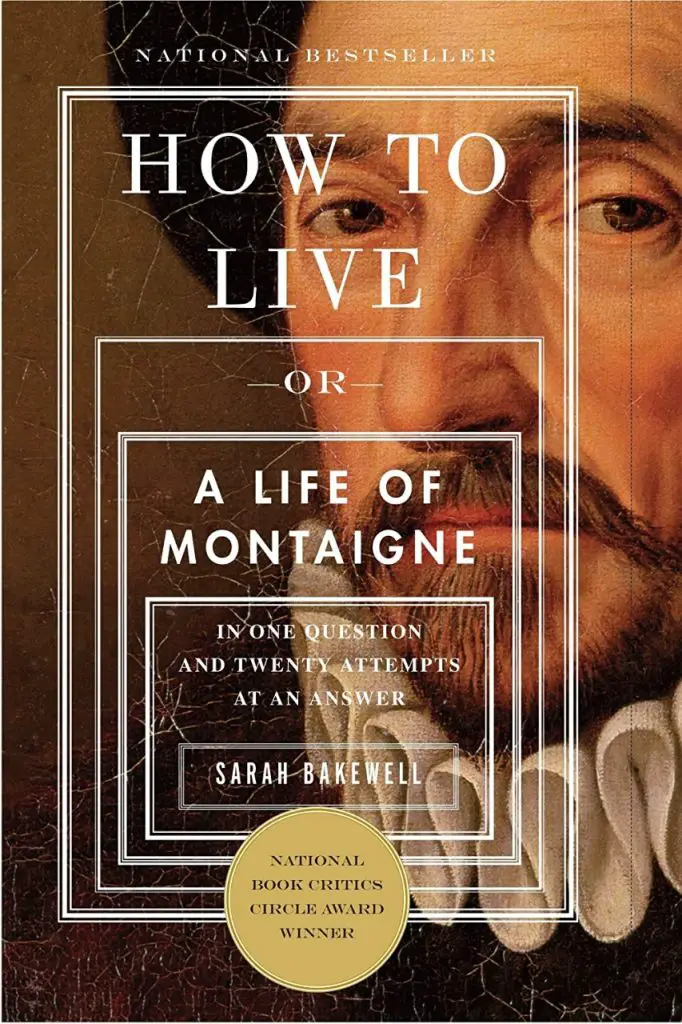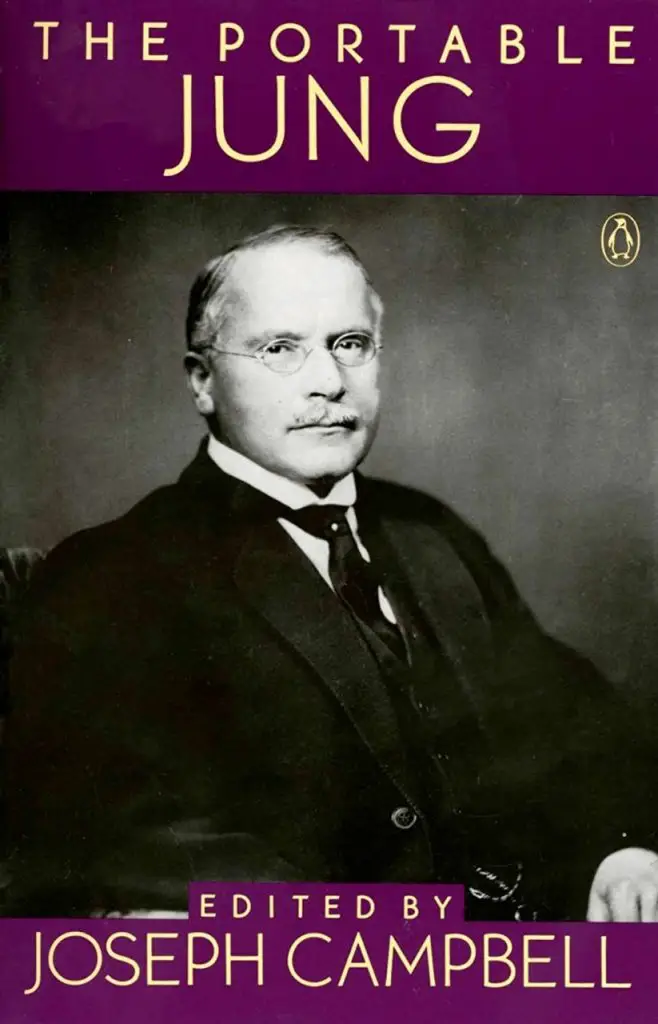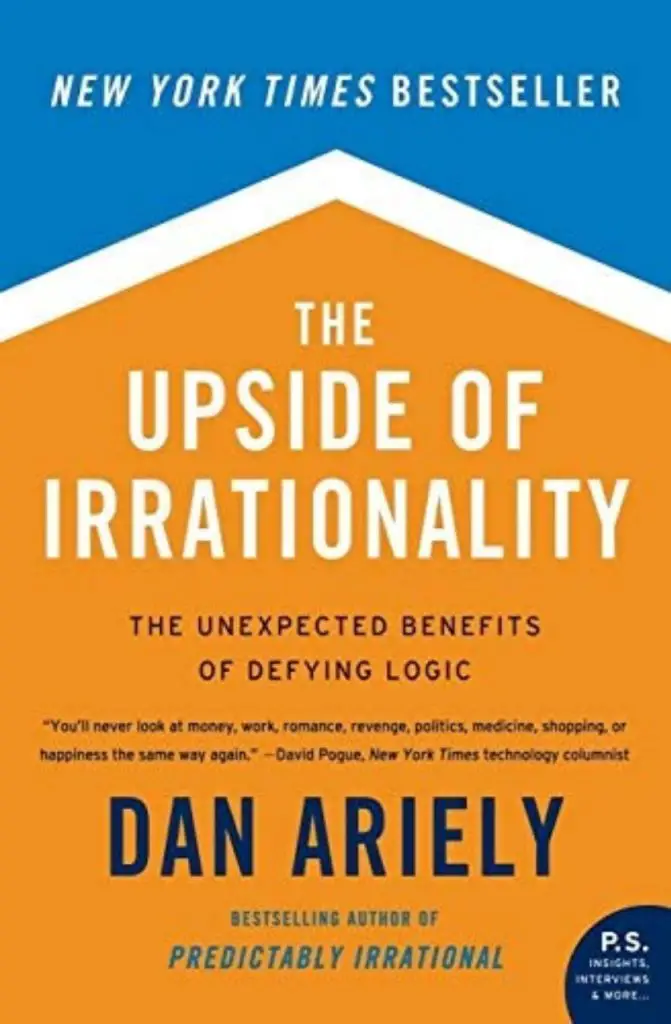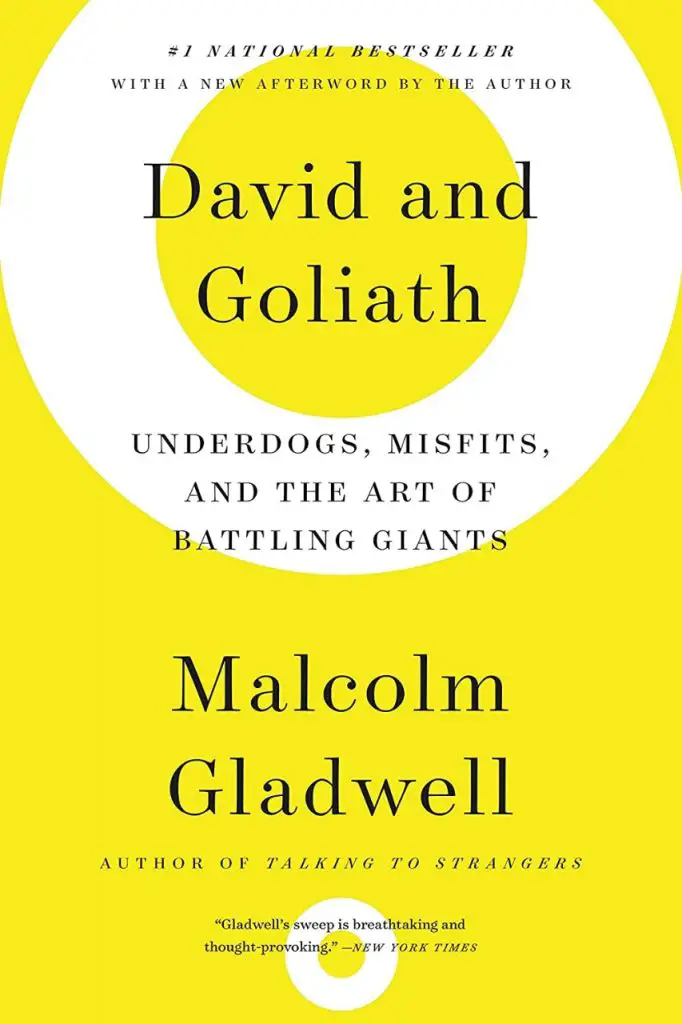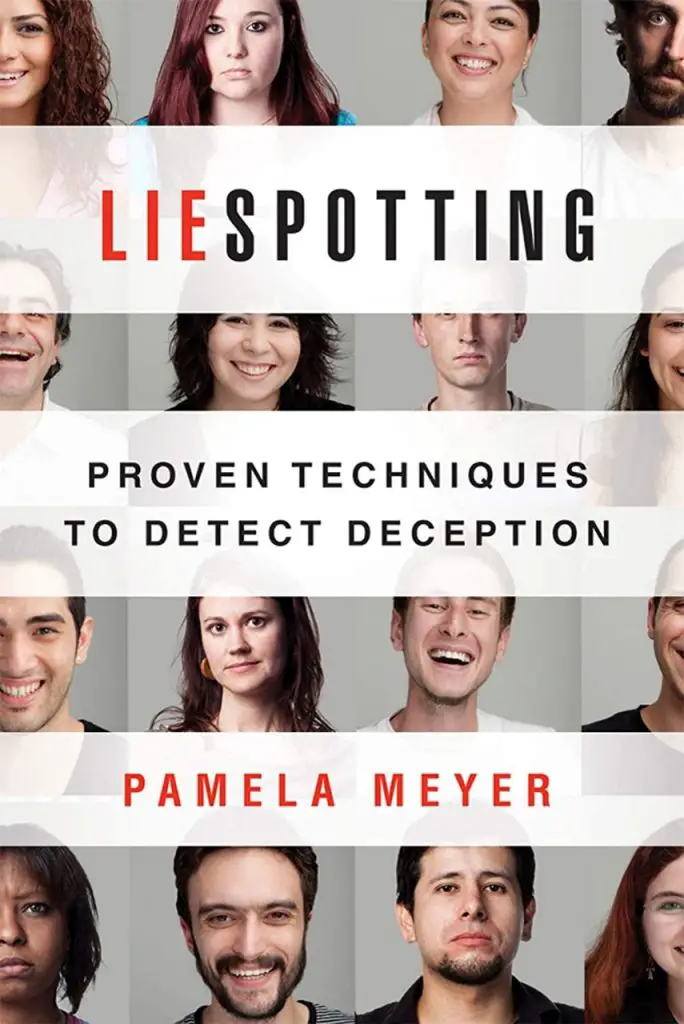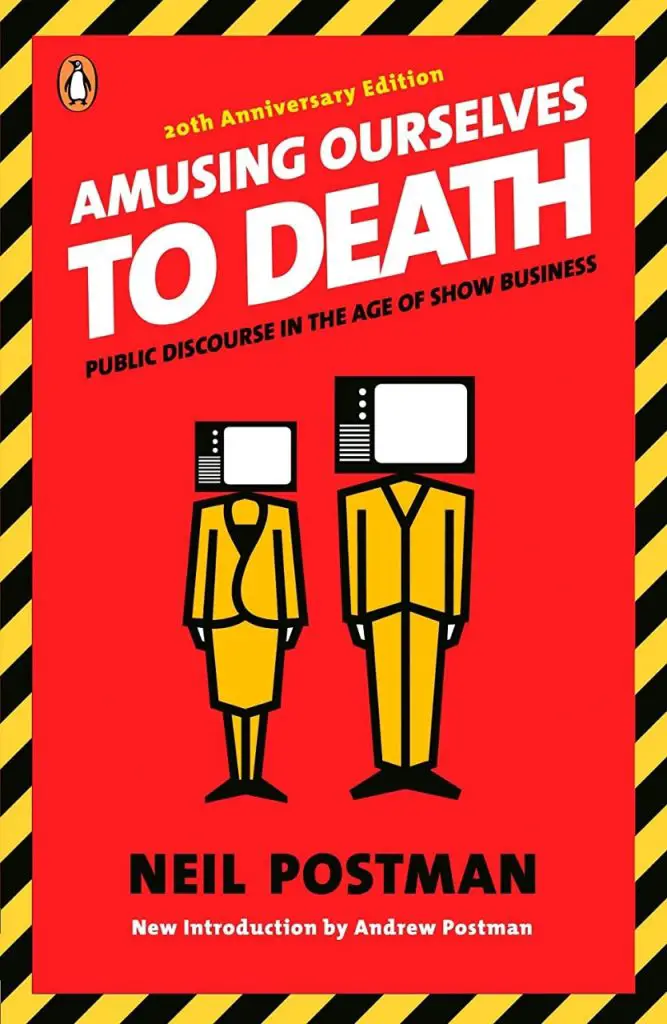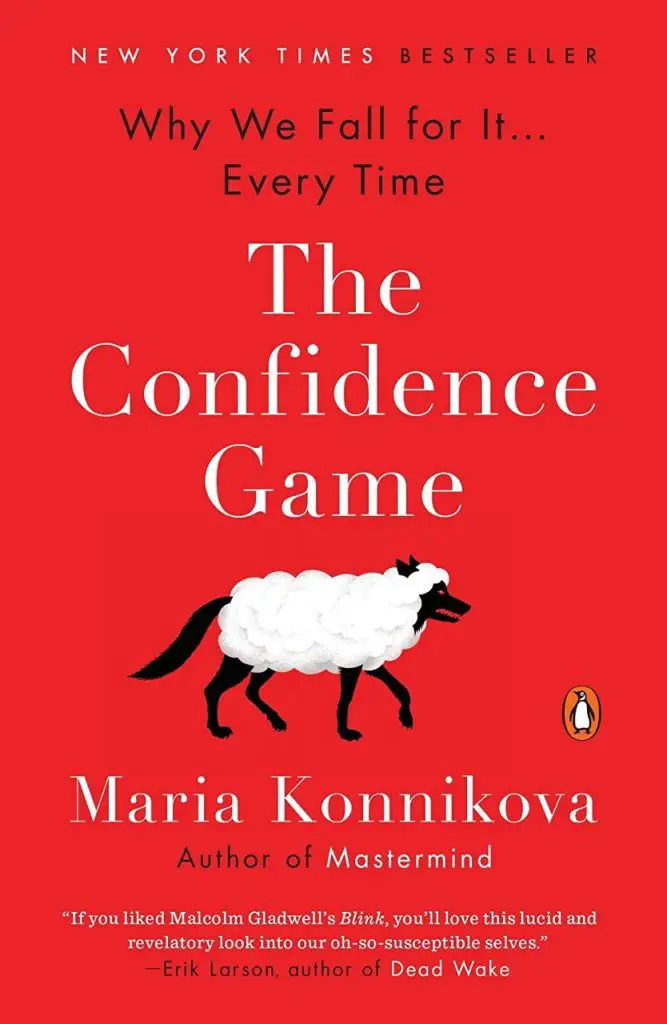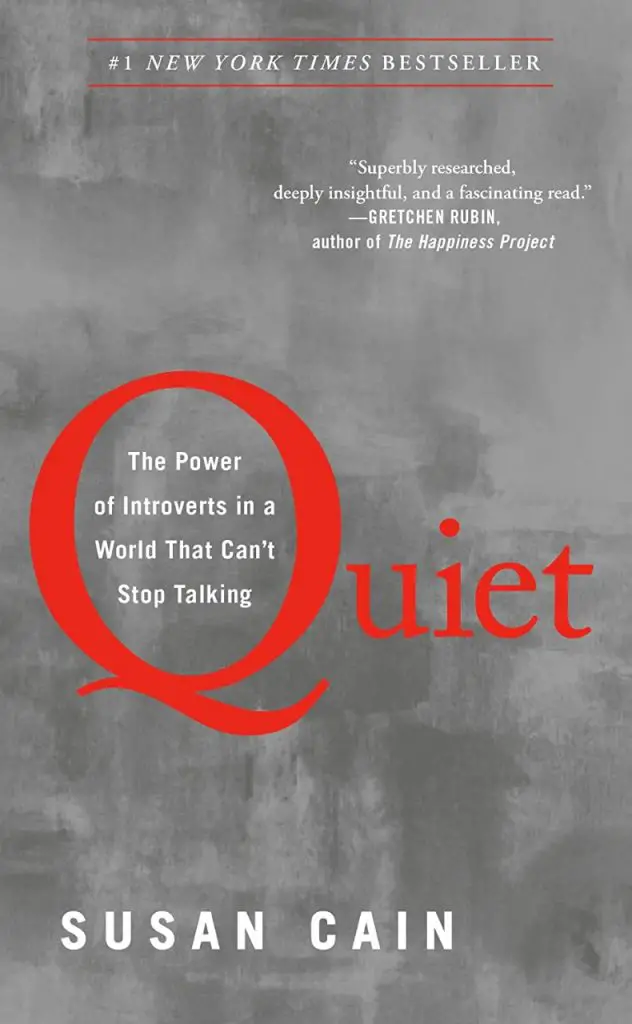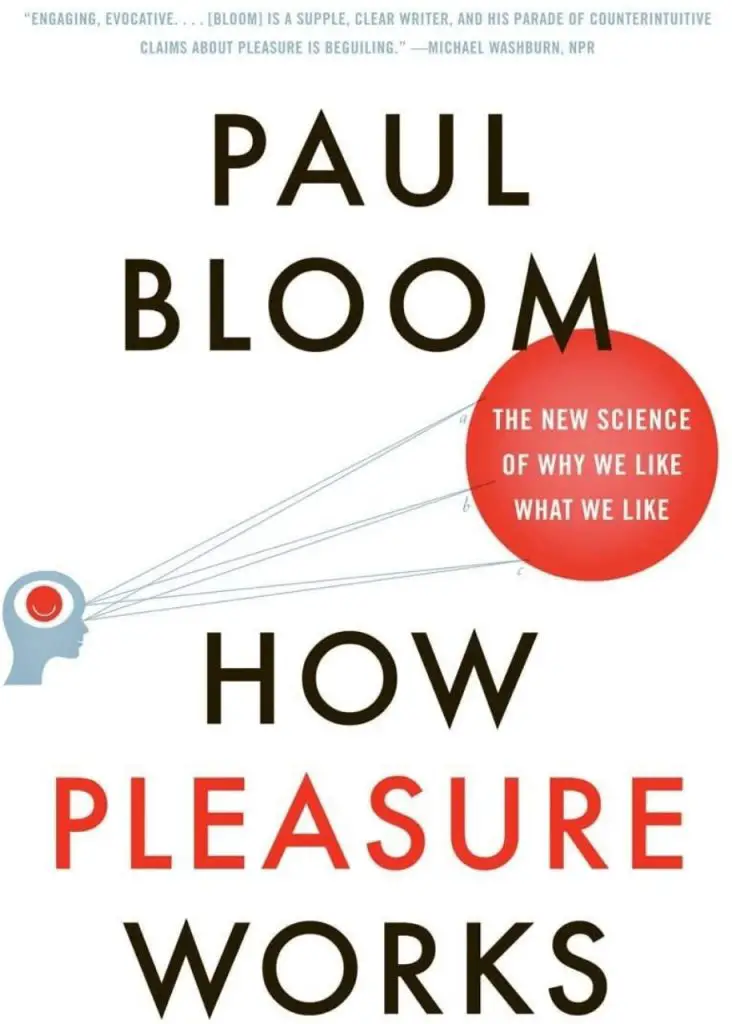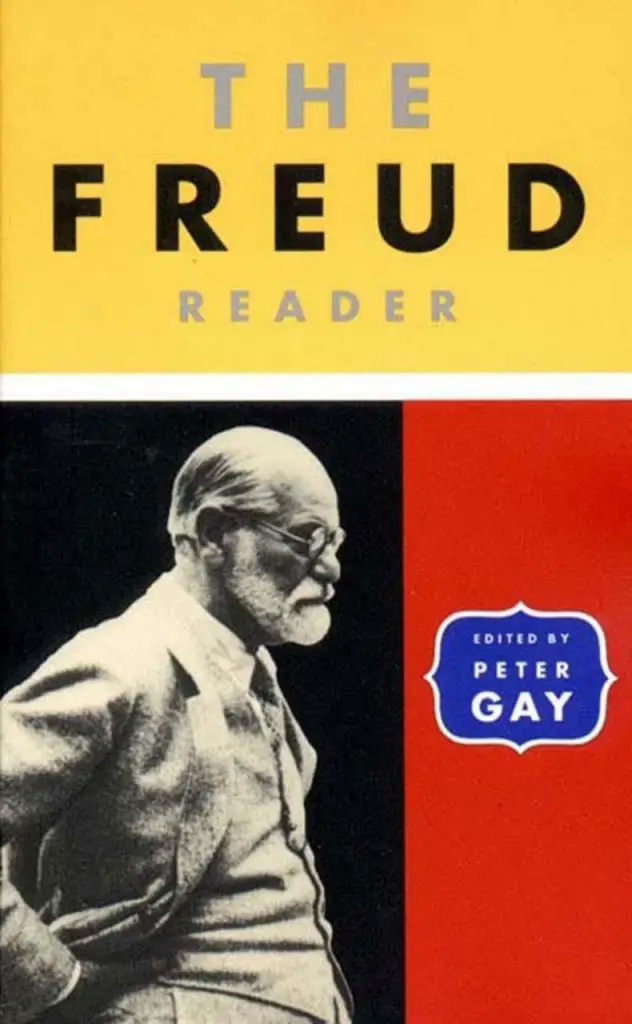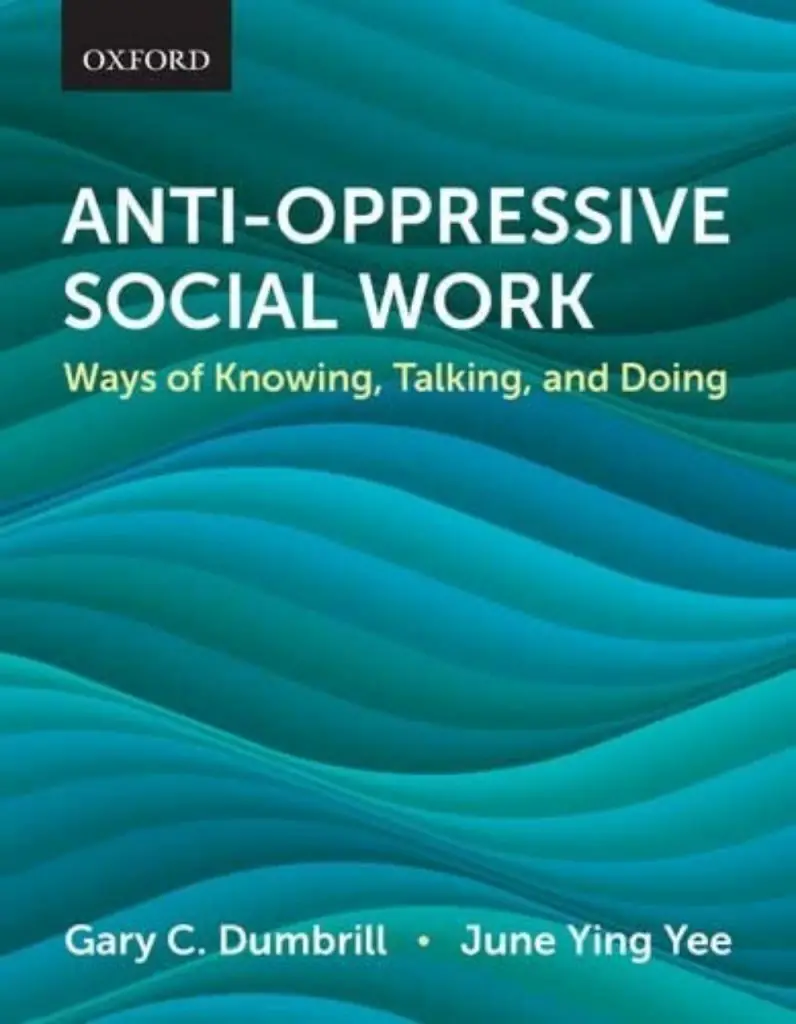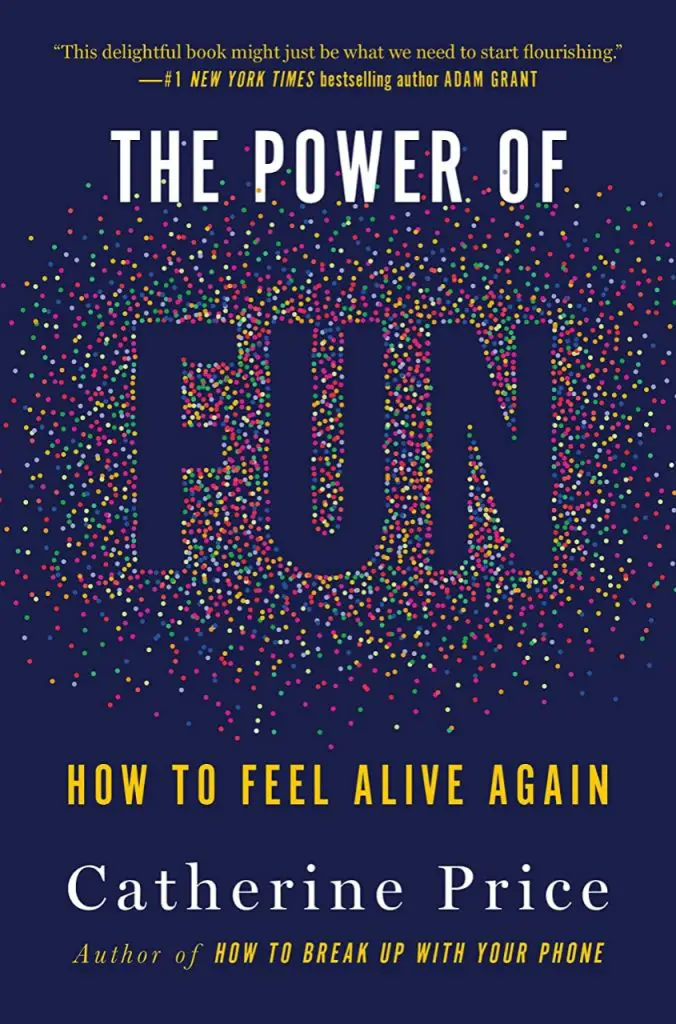Ever wondered what the must-read Social Science Books are? Here is our take.
We have compiled a list of the best books for social sciences students to help you decide what to read.
Our list discusses subjects ranging from political science, social science, sociology, International relations, and economics.
This list helps researchers who are tucked away in their daily grind develop their next breakthrough idea.
For a layperson, this helps you become a well-read lifetime learner.
Let’s begin!
Table of Contents
Must-Read Social Sciences Books Overview
- How to Live: Or A Life of Montaigne [Get the Book]
- The Mismeasure of Man [Get the Book]
- The Portable Jung by Carl Jung [Get the Book]
- The Upside of Irrationality [Get the Book]
- Man’s Search for Meaning [Get the Book]
- David and Goliath [Get the Book]
- Liespotting [Get the Book]
- Amusing Ourselves to Death [Get the Book]
- The Confidence Game [Get the Book]
- Quiet: The Power of Introverts[Get the Book]
- How Pleasure Works [Get the Book]
- The Freud Reader [Get the Book]
- Irregular Citizenship, Immigration, and Deportation [Get the Book]
- Anti-Oppressive Social Work Ways [Get the Book]
- The Power of Fun [Get the Book]
How to Live: Or A Life of Montaigne in One Question and Twenty Attempts at an Answer Paperback by Sarah Bakewell
Intro-Why you should read it
We recommend this book to social sciences students and researchers. The book offers knowledge to those seeking answers to their pressing questions about life.
Summary-What this book is about
This book answers questions on different topics, ranging from socializing to dealing with aggression and loss.
Sarah Bakewell published most of Michel’s experiences and thoughts in How to Live, a book that continues to lure people to Michel Montaigne’s concepts.
Key Takeaways
- This biography is part-time anthropology and a philosophical book, guiding readers on ways to live a more fulfilling life.
- Montaigne’s ideas and everyday life experiences remain a source of inspiration to modern-day social scientists.
The Mismeasure of Man by Stephen Gould
Intro-Why you should read it
When this book was first released in 1981, experts and social scientists praised it as a masterpiece for its resounding response to the people who rank others based on their alleged genetic limitations and gifts.
Summary-What this book is about
In this book, Gould demonstrates his argument on the autonomous nature of power by exploring several societies, from nineteenth-century Europeans to twentieth-century mathematicians.
Key Takeaways
- Gould’s book provides substantial explanations for the current social problems we face.
- The book offers updated knowledge on The Bell Curve.
- The Mismeasure of Man covers an overview of biological determinism.
The Portable Jung by Carl Jung
Intro-Why you should read it
Although we could feature all the legendary psychologist’s books, we settled on this one.
Revised by Joseph Campbell, The Portable Jung offers a fine-tuned introduction to social sciences. For this reason, we recommend this fantastic primer to beginner-level sociology students.
Summary-What this book is about
This huge book contains a collection of Carl Jung’s core psychological and psychoanalytic concepts.
The Portable Jung also covers the psychological approach to creativity and spirituality.
Key Takeaways
- This book offers impressive insights into the psyche, including its structure.
- The research-based ideas on the collective unconscious make cap what is popular as a social science primer.
The Upside of Irrationality: The Unexpected Benefits of Defying Logic at Work and Home by Dan Ariely
Intro-Why you should read it
Dan Ariely’s book explores irrationality’s good and bad consequences on human beings.
Summary-What this book is about
The Upside of Irrationality reveals eye-opening insights about what truly motivates people, how one bad behavior may become a persistent habit and how to love those we are close to.
The author answers pressing questions about why huge bonuses are not an incentive for CEOs and why revenge is essential to our lives.
Key Takeaways
- This book offers a clear description of the wide discrepancy between what we feel will provoke happiness within us and what brings us happiness.
- Dan Ariely–author and behavioral economist–provides a unique perspective on irrational decisions.
Man’s Search for Meaning by Victor Frankl
Intro-Why you should read it
Man’s Search for Meaning inspires generations sixty-three years after its original publication.
Victor Frankl recounts his time in four distinct Nazi camps where his entire family, including his unborn child, parents, wife, and brother, were murdered.
Summary-What this book is about
Frank argues his case based on his harrowing experiences. He says we cannot escape life’s suffering but can find purpose in our hardships.
His assertion on the theory of “logotherapy” concludes that our major motivation lies in identifying and pursuing a course we find important.
Key Takeaways
- This book discusses the experiences of a Holocaust survivor, Victor Frankl, and the “logotherapy” theory.
- Man’s Search for Meaning centers on people’s responses to unfavorable situations of death threats, starvation, etc.
David and Goliath: Underdogs, Misfits, and the Art of Battling Giants by Malcolm Gladwell
Intro-Why you should read it
Malcolm Gladwell examines unexpected ways to win against the strong and how culture and personal goals impact our view of success.
Summary-What this book is about
Malcolm Gladwell, in this book, uses practical examples from sports, psychology, business, culture, and remarkable figures in history to headline his new ideas.
Key Takeaways
- This book offers a fresh perspective on obstacles, disadvantages, and discrimination.
- The author begins with the biblical story of the Palestinian soldier, Goliath, and a young shepherd, David, to highlight interesting ways to brave with disability.
Liespotting: Proven Techniques to Detect Deception by Pamela Meyer
Intro-Why you should read it
The book also offers a detailed survey on the subject, making it one of the best social sciences books students can read today.
Research has agreed that every person encounters more than 200 “lies” daily. Family, friends, and coworkers all regularly lie to us.
Summary-What this book is about
Panel Meyer’s book provides readers with insights into three major disciplines for detecting and combating lies.
Liespotting trains readers on facial recognition and interrogation.
Key Takeaways
- This book is vital to business managers, well-informed customers, and everyone else in identifying lies in job interviews, corporate boardrooms, legal procedures, deal negotiations, and meetings.
- The ten questions incorporated into this text will convince people to talk to you about everything you want to know.
- The book includes a clear 5-phase method to help you spot and stop the lies in interviews and business negotiations.
Amusing Ourselves to Death: Public Discourse in the Age of Show Business by Neil Postman
Intro-Why you should read it
Amusing Ourselves to Death by Neil Postman is an intriguing discourse on the negative impacts of television on society.
Summary-What this book is about
Neil Postman’s book remains relevant in this era of the internet and cell phones because of its unique tips for regaining the media’s control.
Amusing Ourselves to Death highlights what may happen when journalism, politics, religion, and education bow to the pressures of the entertainment sector.
Key Takeaways
- This book offers thoughtful and entertaining concepts on media culture.
- Watching the television has substituted reading in this era.
The Confidence Game: Why We Fall For It…Every Time by Maria Konnikova
Intro-Why you should read it
Con artists are charming, likable, and great persuaders. This book gives readers insights into how cons pull off their con games and why intelligent as well as accomplished people can’t detect these tricks.
Summary-What this book is about
Maria Konnikova’s book examines frauds and Ponzi schemes from dramatic, psychological, and scientific viewpoints to address these urgent concerns.
The Confidence Game features fascinating anecdotes and the author’s unique ideas on why we trust our thoughts.
Key Takeaways
- Human beings’ feelings of truth are vulnerable to manipulation.
- The book offers an overview of con artists’ minds, methods, and motivations.
Quiet: The Power of Introverts in a World That Can’t Stop Talking by Susan Cain
Intro-Why you should read it
More than a third of people in the world are introverts.
This group of people enjoy creating but loathe receiving personal attention, and they would rather work alone than in a team.
Quiet take a look at this intriguing topic, offering a well-researched and deeply insightful read.
Summary-What this book is about
Susan Cain argues that although quiet, introverts are responsible for many societal achievements.
The author uses a variety of examples, including Van Gogh’s paintings, to make her point.
Key Takeaways
- Susan Cain changes how we view introverts by giving real-world examples of successful introverts.
- We undervalue introverts, blinding us to how important these people are in the world.
How Pleasure Works: The New Science of Why We Like What We Like by Paul Bloom
Intro-Why you should read it
This text is an interesting and well-written book that delves into the science of our desires, tastes, and attractions.
Summary-What this book is about
This book answers questions such as why do many men find the prospect of having sex with virgins appealing or why an American can watch television for over four hours in a day.
Paul Bloom uses practical examples ranging from philosophy, child development, behavioral economics to neuroscience to demonstrate how certain mental habits define the things we love and why we love them.
Key Takeaways
- This book provides supple and clear insights into pleasure.
- Our beliefs determine what we enjoy.
The Freud Reader by Sigmund Freud
Intro-Why you should read it
This book contains noteworthy and accurate phrases that the writer, Sigmund Freud, approved of during its translation to English.
Sigmund Freud is popular in the disciplines of psychology and sociology.
Summary-What this book is about
Peter Gray-a foremost authority on the works of Freud-edited this influential book to include mind theories, dreams, and sexuality.
Key Takeaways
- The Freud Reader equips readers with psychoanalysis’ fundamental practices.
- This book boasts all of Freud’s concepts as a physician, humanist, scientist, and philosopher.
Irregular Citizenship, Immigration, and Deportation by Peter Nyers
Intro-Why you should read it
Deportation has become a key component of a nation’s or state’s immigration policies.
Irregular Citizenship, Immigration, and Deportation examine the social reactions to deportation.
Summary-What this book is about
This social sciences book offers great information about this topic. The book focuses on the developing movements against detention and deportation.
Peter Nyers’ book relates deportation with political themes that develop in this area of governance.
Key Takeaways
- Irregular Citizenship, Immigration, and Deportation describe the citizens’ struggle with deportation.
- This book explains essential practices in political science, international relations and other social sciences.
Anti-Oppressive Social Work Ways of Knowing, Talking, and Doing by Gary Dumbril
Intro-Why you should read it
The author recounts his personal experiences with oppressive practices.
This book is one of the best books on social work because of the rich knowledge it offers to social workers who are looking to build friendly practices.
Summary-What this book is about
Gary Dumbril’s book presents the theoretical and conceptual framework social scientists need to decipher intellectual problems in social work.
The book starts by identifying the practices and then moves to power issues.
Key Takeaways
- A deep understanding of power dynamics is essential in creating a safe society for everyone.
- The book discusses the specific types of oppression.
The Power of Fun: How to Feel Alive Again by Catherine Price
Intro-Why you should read it
Catherine Price makes a compelling case for our obsession with tech, outlining how we believe in abstract concepts like happiness.
Summary-What this book is about
In the sequel to her book-How to Break Up with Your Phone, the author provides us with the satisfaction we seek.
She explains how true fun can lead to high productivity and a sense of motive.
Key Takeaways
- Our daily fun experiences are our source of true happiness. This feeling has a great influence on our productivity.
- Attempting to fill the void in our lives by watching television or updating our social media accounts is fake fun.
Conclusion
We recommend highly-rated books by top universities and other experts for interested students in law, anthropology, international relations, and related fields.
These books interest scholars, focusing on current trends and exploring a range of topics such as psychology, political science, decision making, economics, etc.
References
[1] https://www.aboutgreatbooks.com/topics/social-science/sociology/
[2]https://socialsciences.mcmaster.ca/ee/news-events/social-sciences-books-of-2018


